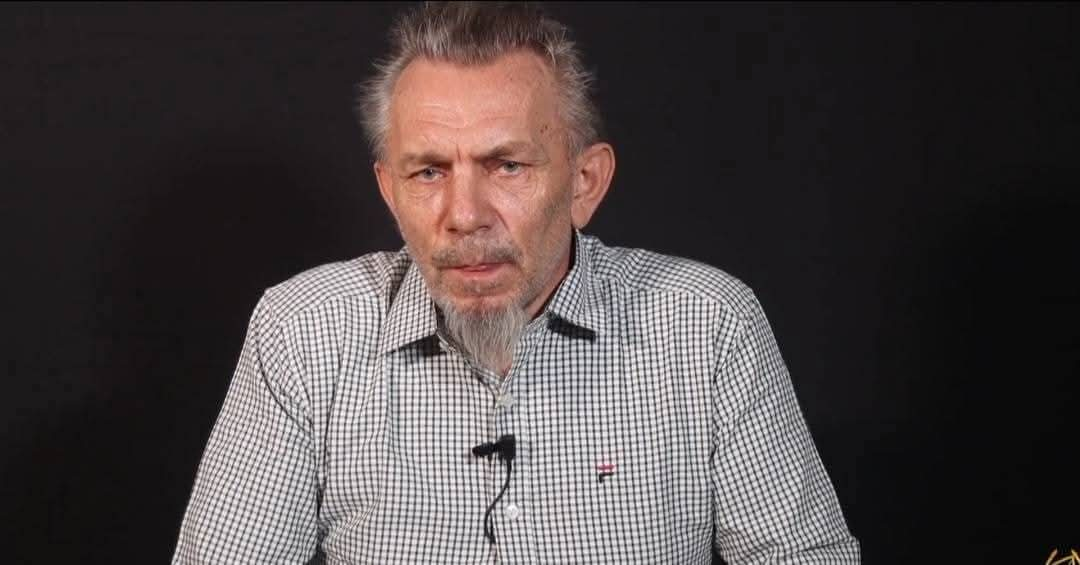Fresh report on femicide in Kenya paints a dark future if no action is taken

The report comes just a fortnight after President William Ruto appointed a 42-member task force to address the alarming rise in femicide cases in the country.
A new report on the killing of women in Kenya on Monday indicated that the problem only seems to be getting worse despite unprecedented media coverage and public discourse surrounding the matter, with data showing that 2024 recorded the highest number of murders of girls and women.
The research report titled "Silencing Women: Tracking and humanising femicide cases in Kenya," by Odipodev, a data analytics and research firm and independent investigative media company Africa Uncensored, notes that the researchers compiled 170 cases in 2024 alone – excluding the Kware cases. The records included 18 cases confirmed by the Mukuru Social Justice Centre, in which Collins Jumaisi Khalusa later confessed to killing 42 women.
More To Read
- Iranian woman spared execution after paying Sh12 million compensation for killing abusive husband
- Commission sounds alarm as new data shows rising gender-based violence in Kenya
- Men are majority of homicide victims in Kenya despite media focus on women, state report reveals
- Parliament to debate Bill ending private settlements in SGBV cases
- KNCHR raises alarm as over 100 femicide cases recorded in three months
- Kenya, UK celebrate success of Sh3.6 billion REINVENT security programme after seven years
"Violence is evolving, with perpetrators leaning into more accessible, intimate, and brutal methods. There's been an increase in the number of cases that involve sexual assault prior to murder, by 7 per cent. The same goes for hacking, with a 6 per cent increase in prevalence," notes the report.
The report goes further to reveal that perpetrators are also increasingly using bladed weapons, which are often easy to access at home rather than methods like strangulation. However, there are several gruesome killings with several mutilations, fire burns and even someone being doused in acid.
By county, Nairobi is leading in femicide cases nationwide, whereas Kisii, Kitui, Meru and Nyeri are new entrants to the top ten counties with killings recorded.
According to the researchers, the high level of public outcry around femicide seems to have spurred the justice system to action; convictions have increased by 118 per cent in 2024 from the previous year, the highest level it has been since 2018 and even pleading guilty does not exempt perpetrators from severe sentences; the average sentence was 20 years up until 2023. The number has increased to 23 years in 2024.
"In light of the high levels of violence and serious crimes against the women of Kenya the focus of this court in sentencing the convict would be more inclined to impose a severe custodial sentence notwithstanding the advantage of a plea of guilty entered by the convict," read the ruling in the murder case against Eliud Kipchoge Tum who was accused of the murder of Sheila Jepkemboi.
Main perpetrators
It was found out that husbands still lead as perpetrators, and there's an almost 75 per cent chance that a woman will be killed by someone that she knows; a family member, friend or intimate partner.
"Younger women remain the prime target. More than half the number of the women killed last year were aged 30 and below. This troubling trend continues to draw attention to societal protections and the factors that make young women disproportionately at risk," notes the report.
The report recommends getting to the heart of the problem by figuring out how to stop women from being killed. It suggests getting support for the younger men who are the majority of the perpetrators. This can be done through creating opportunities and engaging in meaningful work, fostering positive male role models, and promoting education around gender equality and conflict resolution.
"Community programmes that provide mentorship, mental health support, and safe spaces for emotional expression can be pivotal in shifting toxic narratives around masculinity."
The report comes just a fortnight after President William Ruto appointed a 42-member task force to address the alarming rise in femicide cases in the country.
The team, led by former deputy Chief Justice Nancy Baraza, has been mandated to assess, review, and recommend measures to strengthen the institutional, legal, and policy response to gender-based violence (GBV) and femicide.
Members of the task force include Ann Ireri, Sam Thenya, James Nombi, Michael Kariuki, Faith Odhiambo, Linda Musumba, and Seth Masese. Others are Gloria Wawira, Shem Nyakutu, Anthony Nzioki, Linah Kilimo, Nobert Talam, Edna Ngare, Lucy Njeri, and Beatrice Karwitha.
The team will report to Deputy President Kithure Kindiki and is expected to submit its findings and recommendations to the President within 90 days.
Ruto, in the gazette notice, emphasised the urgent need for action.
"The rise in GBV and femicide cases inflicts immense emotional and physical harm on individuals and communities, further deepening gender inequalities," he said.
He said the task force aims to bridge existing gaps in addressing these violations, ensuring a comprehensive response to prevent, investigate, and support survivors.
Top Stories Today














































